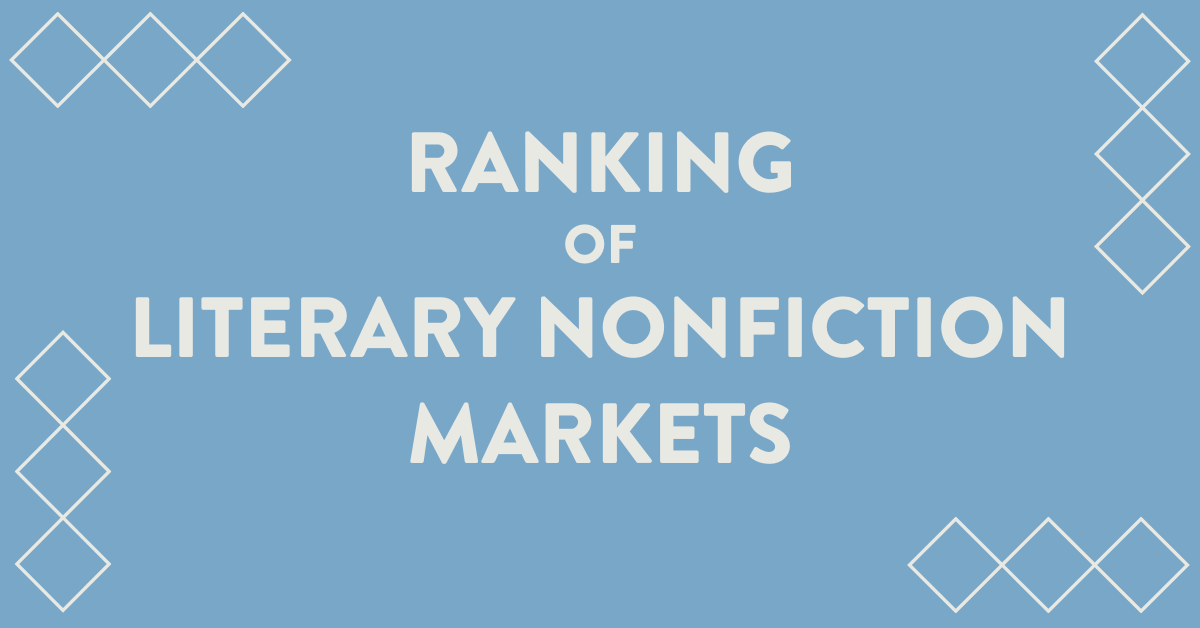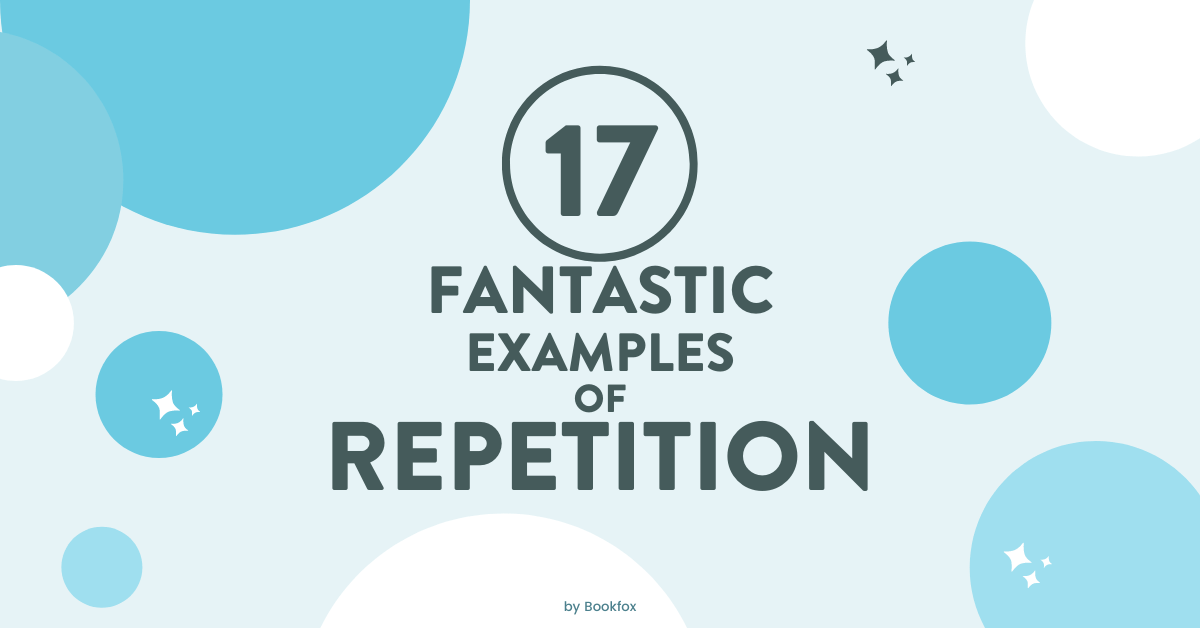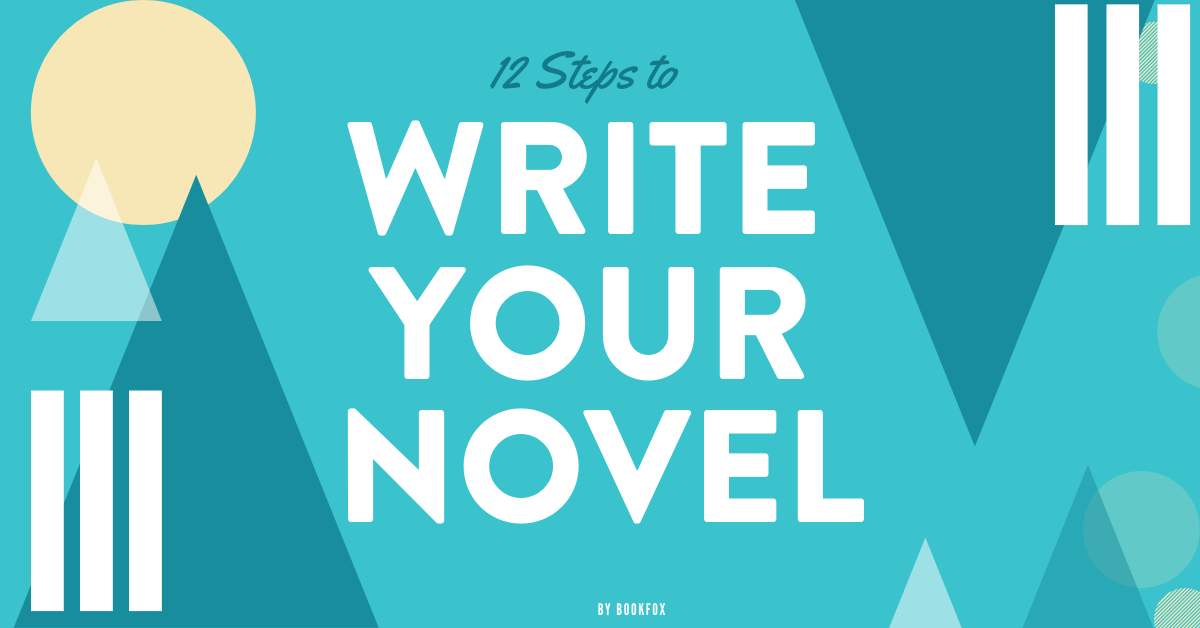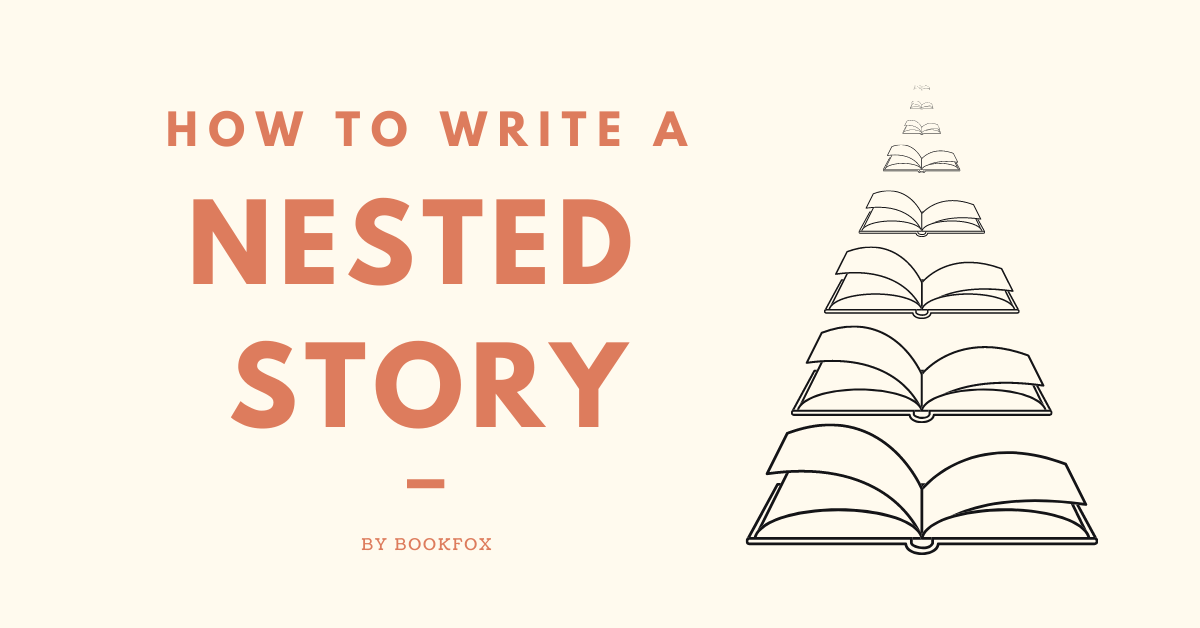This list uses the Best American Essays series to rank magazines, literary journals, newspapers and other literary nonfiction markets by how often their essays are cited in the anthology. If you’re writing literary nonfiction and looking for good magazines to submit your essay or other nonfiction, check out these markets. The ranking covers the last five years […]
The Blog
- All posts
- All Popular Posts
- Characters
- Children's Books
- Dialogue
- Editing
- Endings
- Literary Agents
- Marketing
- Novels
- Plot
- Point of View
- Publishers
- Short Stories
- Writing Techniques
- Writing Wisdom
- Ranking of Literary Nonfiction Markets

- Best Online Literary Magazines

As literary magazines continue to move from print to online, it’s important to separate the chaff from the wheat. This list attempts to do that. Below are the online literary magazines that attracted my attention, boast the best names, have the most accomplished stories, showcase the work in outstanding design, and have the best chance […]
- 10 Incredibly Written Sex Scenes in Books

Articles about sex scenes in books usually fail in one of 3 ways. They often: The sex scenes below are literary fiction. But don’t run away! They’re really good sex and really good writing, and yes, those things can be combined. I’ll prove it to you. Just read the first couple of excerpts below and […]
- 20 of the Most Heartwarming Love Sentences

These 20 love sentences are not only true, they are also beautiful. I’ve taken all of them from writers of literature, modern ones writing in the last 40 years. This is your final warning: these love sentences are powerful. Don’t blame me if you need a Costco-sized tissue box. Watching a sappy movie might make […]
- 17 Fantastic Repetition Examples in Literature

The governing wisdom about writing sentences says not to repeat. Repetition is bad. Repetition is sloppy. Writers are encouraged to consult a thesaurus and change up that pesky offending word. But is this really true? Literature is full of repetition. Literary writers constantly use the literary device of repeated words. I think the only type […]
- 100 Beautiful Sentences in Literature

How do you pick the most beautiful sentences in literature? Are beautiful sentences full of nice turns of phrase? Or are beautiful sentences full of wisdom? Must beautiful sentences be full of risk and ambition, or can they be subtle and simple? Must beautiful sentences make you feel something? As I was combing through thousands of lovely sentences to make this […]
- 12 Steps to Write a Bestselling Novel (in less than 6 months)

Hi, I’m John Fox, and as an editor I’ve helped hundreds of authors write, edit and publish their novels. If you’re planning on writing a novel, you’ve come to the right place. Let me guide you through the process. Now, you’re probably intimidated to write a novel. You should be. At least a little. They’re […]
- 7 Ways to Write a Story Within a Story (Nested Stories)

A key part of writing a novel is figuring out the structure of your story. However, this structure might actually only be one layer of your novel. Complex plots often contain multiple layers of story. A shorter story contained inside a longer story or novel is called a story-within-a-story, an embedded story, or a nested […]
- Podcast: How Can NFTs Help Writers?

Although we mostly focus on writing craft here at Bookfox, sometimes I talk about other subjects, like marketing your book or technology. And recently, I did a podcast about how a new technology, NFTs (Non-Fungible Tokens), can help writers. Joanna Penn of The Creative Penn interviewed me for her podcast, asking all kinds of […]








